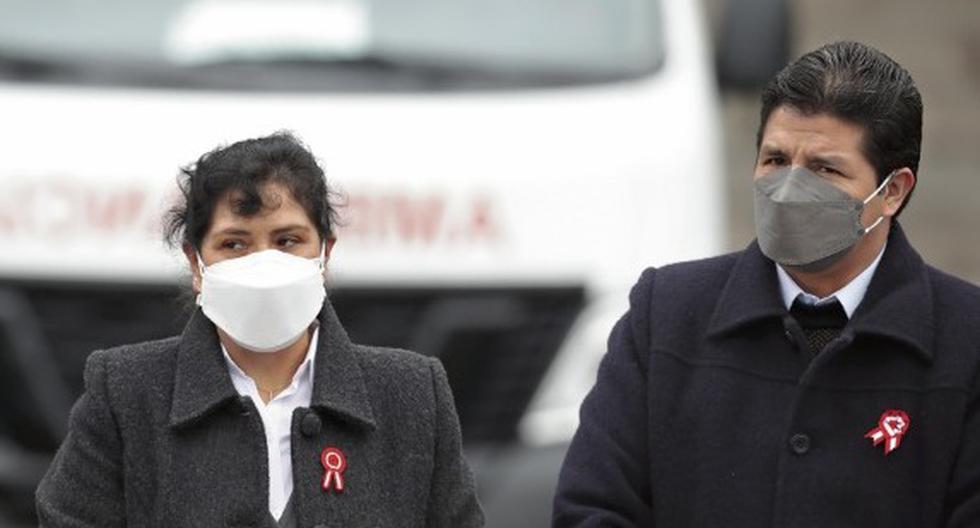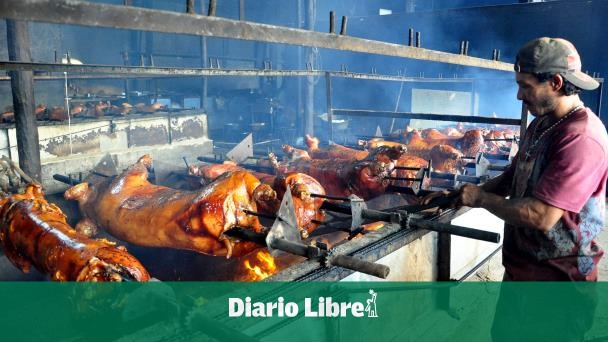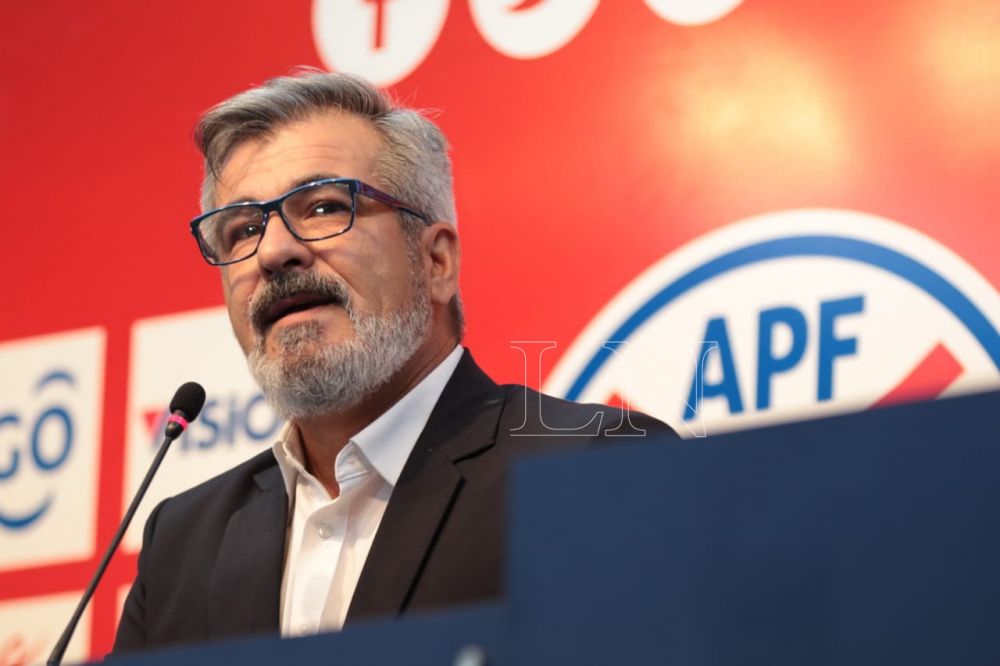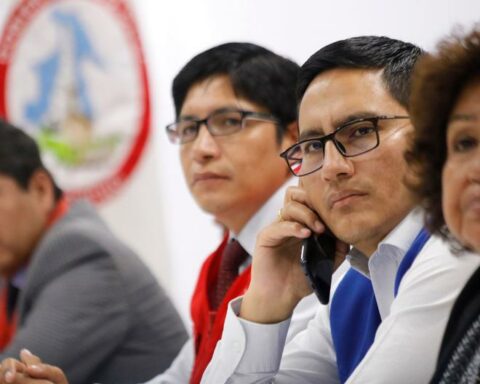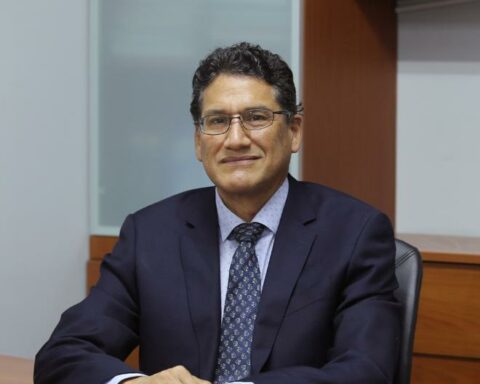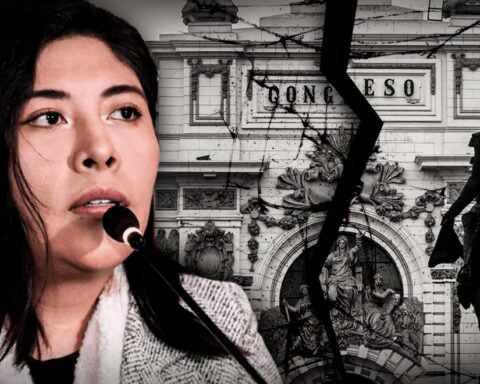The Ministry of Foreign Affairs announced this afternoon that the Peruvian government granted safe-conduct to the former first lady lilia paredesso that they seek asylum in Mexico “according to the Caracas Convention of 1954″. The wife of coup leader Pedro Castillo is a diplomatic refugee as of this announcement.
However, what is a diplomatic asylum? Does it have any difference with a political asylum? If so, what is the difference? These questions are the ones that will be answered below.
To begin with, we have to understand that political asylum and diplomatic asylum are not different things, but that this is a type of political asylum.
LOOK: Mexico instructs its ambassador in Peru to return to his country
However, apart from the diplomatic one, there is another type of asylum: territorial. Both are political asylums, but they differ depending on where the asylum application is accepted.
Territorial Political Asylum
This occurs when the asylum seeker is in the territory of the country to which he is going to request asylum. In the case of Lilia Paredes, to request this type of asylum, she would have to have arrived on Mexican soil and applied for it, in case she is considered politically persecuted.
Diplomatic Political Asylum
For its part, diplomatic political asylum occurs when the applicant is outside the territory of the country to which he is going to request asylum, but is in an embassy of the country in another country. This is the case of Lilia Paredes, since her request was made by her and she was admitted when she was at the Mexican embassy in our country.
Thus, after receiving the safe-conduct for her and her family, Lilia Paredes will find herself in Mexico as a diplomatic political refugee, since the Mexican government considers her to be politically persecuted.
For her part, Chancellor Ana Gervasi announced that the government of Mexico has been informed that Mrs. Lilia Ulcida Paredes Navarro is included in a preparatory investigation as a co-perpetrator of the crime of criminal organization, provided for and sanctioned by article 317 of the Penal Code of Peru, as stated in the provision of the Provincial Prosecutor of the Special Team of Prosecutors against Power Corruption, of August 19 of the present.

